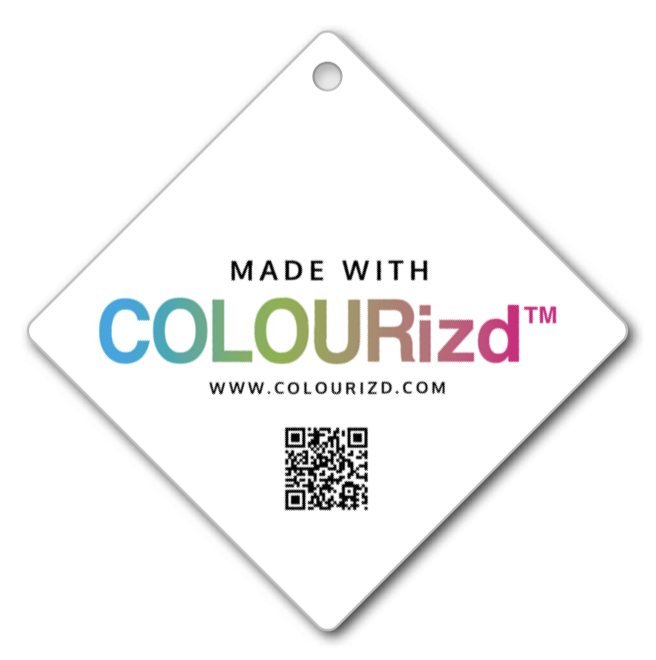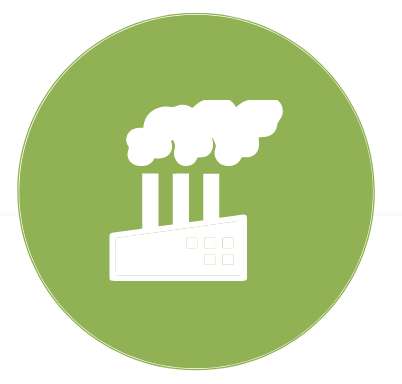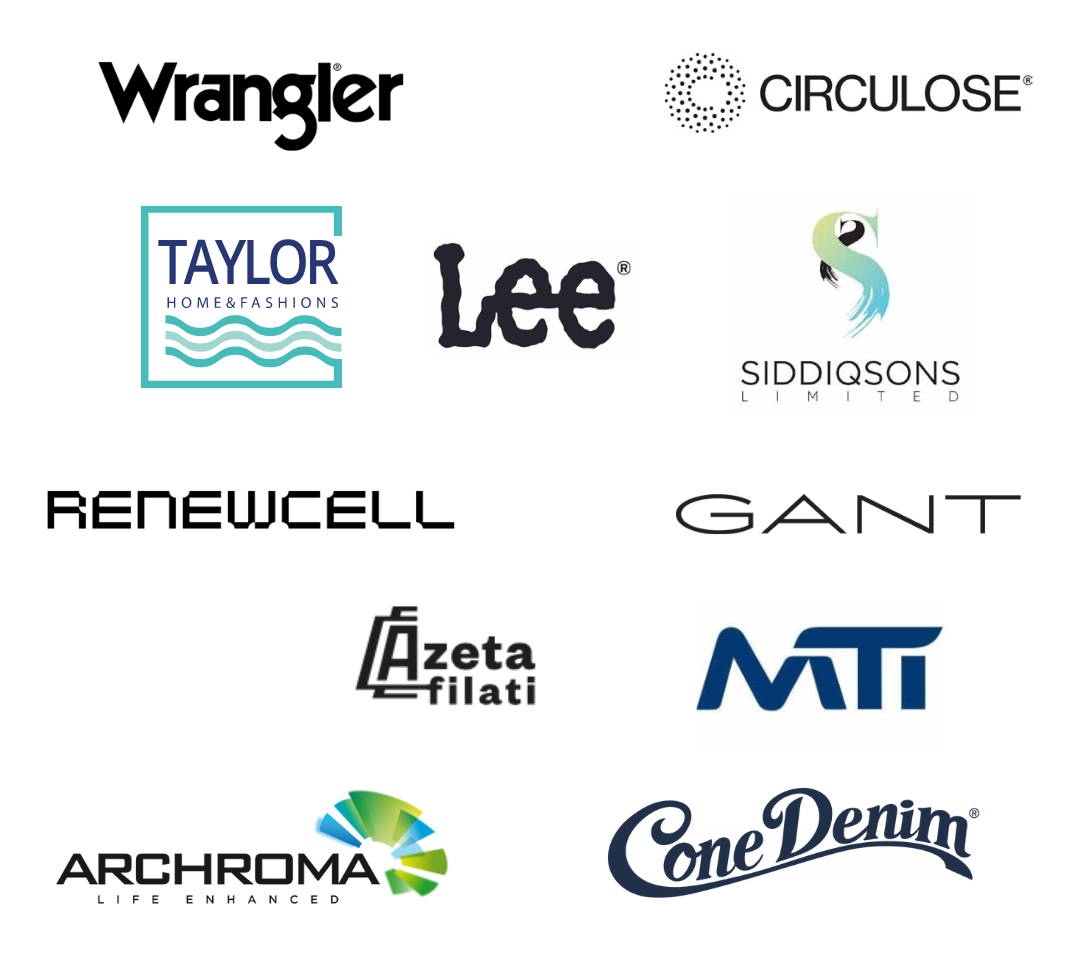SUSTAINABILITY
WITH
NO COMPROMISE
SUSTAINABLE CLAIMS YOU CAN TRUST

ENVIRONMENTAL CLAIMS
COLOURizd™ has three verified environmental claims that can be used to promote the COLOURizd™ brand and its benefits. These claims are verified by Peterson. Supporting signed documentation available upon request

Yarns and fabrics that use COLOURizd™ yarns have a carbon footprint (emissions) of 29.50 KgCO2e/Kg of colored yarn, which is 73% less than the conventional fiber reactiveyarn dyeing process that has a carbon footprint (emissions)of 109.70 KgCO2e/Kg* of colored yarn.

The COLOURizd™ process uses only 0.95 Lit/Kg of water, which is 99% less water than the conventional fiber reactive yarn dyeing process that uses 94.92 Lit/Kg* of water.

The COLOURizd™ process does not generate any wastewater which is 100% less wastewater than the conventional fiber reactive yarn dyeing process that generates 93.92 Lit/Kg* of wastewater. There is no discharge of harmful chemicals.
*The numbers used for conventional fiber reactive yarn dyeing were obtained from our pilot location’s dyeing equipment, which is considered state-of-the-art. However, please note that these numbers are only a representation and may differ depending on the facility.
“MADE WITH COLOURizd™” QUALIFYING PRODUCTS
When you purchase a product with the “Made with COLOURizd™” label, you can be assured that it has been colored using our sustainable technology. To be eligible for our label, the final fabric must be made with a majority of COLOURizd™ yarns or COLOURizd™ yarns and yarns that do not require wet processing.
We understand that our environmental claims are important to you, which is why we have worked with an independent third-party auditor, Peterson, to verify our claims. Our technology reduces water usage by 98% and reduces energy consumption by 50%. Moreover, the process uses only small amounts of safe-certified chemicals and needs far less infrastructure.
Guidelines for using our “Made with COLOURizd™” label:
• Substantiation: Any environmental or sustainability claim must be supported by solid evidence, such as scientific data, life cycle assessments, or third-party certifications.
• Clarity: The claims should be clear, accurate, and easily understandable by the average consumer.
• Relevance: The claims should be relevant to the product or service being advertised and should not mislead or deceive consumers.
• Specificity: The claims should be specific and not vague, so that consumers can make informed decisions about the environmental impact of the product or service.
• Comparability: Any comparative claims, such as claims that a product is more environmentally friendly than another product, should be supported by clear and reliable evidence.
• Balance: The claims should provide a balanced representation of the environmental impact of the product or service, taking into account all relevant aspects of its life cycle.
• Transparency: The claims should be transparent, and the methodology used to support them should be clearly disclosed.
We hope that you will join us in promoting sustainable practices in the textile industry by choosing products that are “Made with COLOURizd™ ”.


